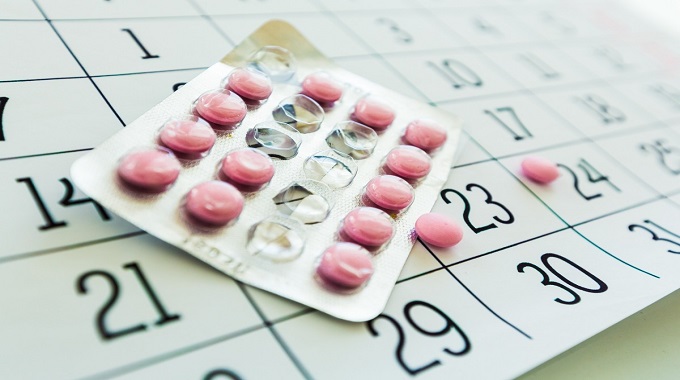New Delhi: India is considering to ban the morning-after pills. The Central Drugs Standard Control Organisation (CDSCO) is preparing to impose a ban over-the-counter sales of the emergency contraceptive pills (ECPs). The move is being considered due to concerns over misuse and health risks.
The morning-after pill is widely used as emergency contraceptive after unprotected sex to prevent unwanted pregnancy. These pills prevent pregnancy by delaying ovulation, preventing fertilization or preventing implantation of a fertilized egg. They are advised to take within 72 hours (3 days) of unprotected sex or as soon as possible after contraceptive failure.
Reportedly, India is considering to ban the after pills to prevent unsafe uses and regulate ECP sales. A sub-committee has been formed by the Central Drugs Standard Control Organization (CDSCO). The sub-committee is working on revising the Drugs and Cosmetic Rules of 1945. But the proposed ban has sparked many questions regarding illegal abortions and unwanted pregnancies.
Reasons Behind the Proposed Ban
The main reasons behind the proposed ban are,
- Misuse and over-reliance on the pill.
- Potential health risks, including blood clots and hormonal imbalances.
- Unregulated sale and distribution.
- Lack of proper counseling and medical supervision
But many health care experts have argued that the restriction to access to the morning-after pill will give rise to many other problems including, increase unintended pregnancies and abortions, disproportionately affect vulnerable populations, such as rape survivors and undermine reproductive rights and autonomy.
What Are the Risks and Side Effects of Emergency Birth Control?
Emergency contraceptive pills are less effective than other birth control methods. They’re meant for emergencies only. They don’t protect against sexually transmitted infections (STIs) and HIVs. Also the morning-after pill has chances of failure probability of up to 10-13% even after taking with the right direction.
Currently, the Drug Controller General of India (DGCI) allowing the sale of 0.75mg Levonorgestrel tablets without a prescription as emergency contraception under the National Reproductive and Child Health Programme.
These pills have some common minor adverse effects as well. Symptoms including,
- Nausea
- Vomiting
- Fatigue
- Headaches
- Dizziness
- Breast tenderness
- Abdominal pain
- Spotting or irregular bleeding
Gynecologists are divided over making emergency contraceptive pills (ECPs) prescription-only. Some support the ban due to potential side effects like pulmonary embolism, nausea, and irregular bleeding. However, many believe ECPs should remain over-the-counter (OTC) to prevent unwanted pregnancies and illegal abortions. The concern is that making ECPs prescription-only will hinder timely access for many women, particularly those in rural or low-income areas. This could lead to more illegal abortions and unwanted pregnancies. Moreover, consultation fees may be a barrier for those who cannot afford them.



